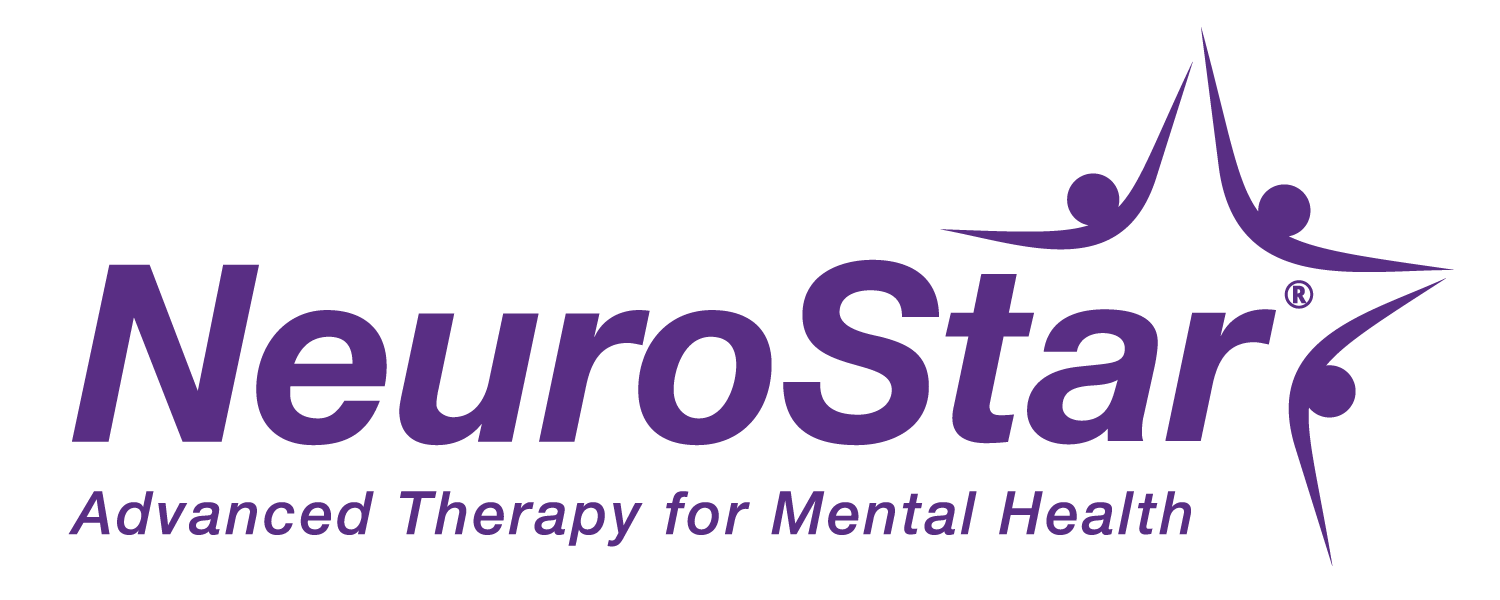Seasons Greetings! It’s that magical time of the year; it’s Christmas time! Everyone loves it, right?? Well, no…not everyone.
Holidays can be a hard time of year for many people. Despite the notion that the holidays are a festive time that everyone looks forward to, the holiday season can be a time where people get a bit more down. It may be particularly hard for those who may have lost someone significant in their lives or stressful for those who have one too many parties to go to, one too many family members staying over, or one too many presents to wrap.
However, another possible cause for the blues could be a condition known as Seasonal Affective disorder (SAD), where people tend to become more depressed during the fall and winter months. So how do you know if you are depressed? First, let’s go over the signs and symptoms of depression:
- Less interest or pleasure in activities
- Change in eating habits and appetite (usually more carbohydrates with SAD)
- Changes in sleep
- Slower movements
- Fatigue
- Feeling guilt or worthlessness
- Poor concentration
- Recurrent thoughts of death
Thankfully you don’t have to live like that for the rest of the holidays or past the New Year! Here are 6 ways to combat those pesky holiday blues:

1) Exercise
I’ll be honest, I’m not a fan of exercise, I envy those who enjoy exercising. However, I still force myself to do it, because ultimately, it’s a great investment in yourself. You probably already know that regular exercise is good for your body but it’s also great for your mind. Studies have shown there is an association between exercise and better mental health.
Some forms of exercise are better than others, though; playing team sports, cycling, aerobics and gym activities have all been shown to make your day a bit brighter.
The larger issue with this recommendation is getting the motivation to exercise in the first place, since you are likely having little to no drive when depressed. But, remind yourself that it is the depression talking. It is your depression that is making you feel that way. Push through it, it can help release those natural endorphins!

2) Meditate
Apparently we don’t need to be Buddhist monks to meditate. Who knew!? The practice of meditation has exploded in Western culture and research has shown it actually changes your brain for the better. The practice known as mindfulness, in particular, has gained the most popularity. Mindfulness is the practice of paying attention on purpose, in the present moment, and nonjudgmentally. As you practice this, you might be surprised how often your mind is thinking of something in the past or future. You can practice mindfulness through any one of the many free apps available on your phone.

3) Sleep hygiene
Getting good sleep is extremely important, not only will it improve your mood but it will also lower your chance of type 2 diabetes and heart disease.
I will tell you off the bat that getting quality sleep is easier said than done. With the rapid changes in technology, most people are now using their smartphone, tablet, computer or television from the moment they wake up to the moment they try to sleep. But all that light exposure during your screen time can disrupt your sleep. This happens because your brain thinks it is daylight. It’s advised to use blue-light filter glasses or better yet, not to use your phone, tablet, etc. at all, about 1-2 hours before you go to sleep.
Here are some other tips to practice good sleep hygiene:
- Be consistent with the time you go to sleep and wake up
- Make sure you are in a dark and relaxing room with a comfortable temperature
- Exercise during the day
- Avoiding caffeine, alcohol or large meals before bedtime
Follow these tips to get the sleep you deserve!

4) Light Box for Seasonal Affective Disorder
Did you know it is possible for a box of light to make you feel better? Of course it is, it’s 2018! If you have SAD, using a light box, which mimics outdoor light, may help lift your mood. This type of light may possibly cause a chemical change in your brain.
Light boxes can be purchased online but certain specifications are required for optimal results. In particular these boxes should provide an exposure to 10,000 lux of light and release as little UV light as possible. You should use the light box within the first hour of waking up in the morning, for about 20 – 30 minutes.
A word of caution – if you have been diagnosed with bipolar disorder, talk to your doctor first to see if a light box is a good option for you. Using the light box could induce manic symptoms, which could do more harm than good.

5) Therapy
When you hear the word therapy, do you think of laying on a couch, facing away from your therapist, while you spill the beans on your entire childhood? Do you visualize this and think, “No thanks, not for me!” Well, good news, that form of therapy is not the therapy that the majority of people experience. Therapy can be very helpful in managing your mental health.
There are many types of therapy out there; some have more evidence behind it, like cognitive-behavioral therapy (CBT). However it seems that your connection with your therapist may be even more important than the type of therapy you do. Therefore, if you don’t think you are able to be yourself after a few sessions with a therapist, don’t give up, and try to find one that you can open up to.

6) Medications
No, you are not weak if you take medications for your mental health. Life is hard as it is, you might as well give yourself the best shot of living it more contently. If you continue to have depressive symptoms even with the suggestions above or if your symptoms are inhibiting you from working or attending to other responsibilities, I would advise telling your family physician about it or making an appointment to see a psychiatrist.
Antidepressants are fairly common – roughly 1 in 8 Americans take one. And no, antidepressants are not addictive.
If you are suffering, know that you have many options to help you feel better. You are not alone and there is help out there!
Written By:
Iru Gerard Fernando, MD
Board Certified General Psychiatrist
Medical Director of Addiction Services at Kern Psychiatric Health and Wellness
Division Medical Director at Aspire Behavioral Health
Title Animation Created By:
Shalini Rao, MPH, MBA
Edited By:
Shalini Rao, MPH, MBA
Kaylee Hoffman


